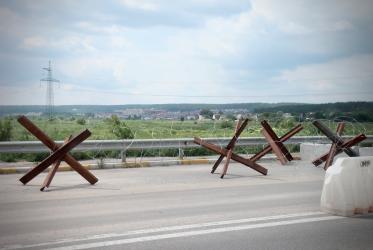“As a professor of economics and economic ethics with a theological background, and as dean of the GEM school, I can say that pluralistic economics – getting new prominence as an international student initiative – is an attempt to challenge neo-liberal monolithic economics. It is time for new thinking about economics”, stated Prof. Martin Büscher, first chair for economics and business ethics at the Institute for Diakonia and Management at the Protestant University of Wuppertal/Bethel, Germany, at the conclusion of the Governance, Economics and Management School held in Hong Kong on 22 August-2 September.
08 September 2016





